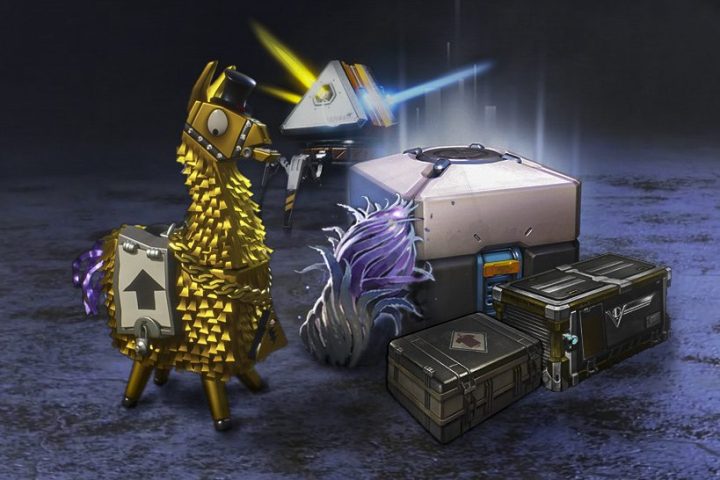
Loot boxes have been a controversial inclusion in video games ever since they began appearing in shooters like Overwatch, but the process of opening them could be a little more transparent on consoles in the future. Microsoft, Nintendo, and Sony will soon require loot boxes in games to disclose the odds of winning, which could encourage publishers to adjust the numbers.
According to GamesIndustry.biz, Michael Warnecke, Entertainment Software Association chief counsel of tech policy, made this information public during the Federal Trade Commisssion’s Inside the Game workshop on August 7. Warnecke said the new policies on all three companies’ systems would require that games share the chance of obtaining rare items.
Some games have already implemented systems like this on consoles, including MLB The Show 19. Doing this voluntarily could be an attempt by game publishers to avoid government action being taken. A bill to ban the sale of loot boxes to minors has already been introduced, with its sponsors likening the mechanic to gambling. The ease of use for playing games on consoles, mobile, and even PC seems to have encouraged players spend real money without so much as a second thought.

Not only would new games have to include this information, but games that received updates adding loot boxes would also be required to do so. This is a release strategy we’ve seen from several AAA games in the past, which hold off on implementing microtransactions until reviews have been published and the initial launch hype has passed.
Warnecke added that third-party publishers are also taking steps to do the same, but reaction has been mixed at best for loot boxes included in paid retail games. Middle-earth: Shadow of War launched with a marketplace built around loot boxes back in 2017, but eventually removed the system completely after players felt it compromised the core gameplay experience.
The backlash against loot boxes in other games has been even greater, often because players feel they encourage “pay to win” gameplay rather than competition based on skill. Also released in 2017, Star Wars: Battlefront II was heavily criticized for the loot box system it included for upgrading your characters. This system was also replaced by a much more basic, cosmetic-level microtransaction system.


